Most Hated Brands in America
Every brand aims to earn trust, but few manage to keep it. When costs rise, service disappoints, or integrity comes into question, consumers take note—and they don’t forget easily. The names below have become lightning rods for frustration, marked by scandals, missteps, and a steady erosion of goodwill.
Spirit Airlines
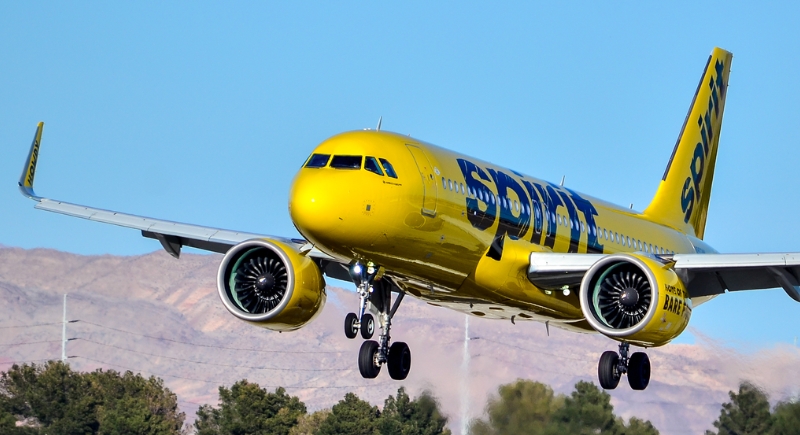
Credit: Wikimedia Commons
Passengers often describe flying Spirit as a test of patience. The airline built its model around rock-bottom fares, but nearly everything else, from seat selection to overhead bins, comes with a fee. When thousands of flights were canceled in 2021, customer frustration boiled over.
Meta (Facebook)
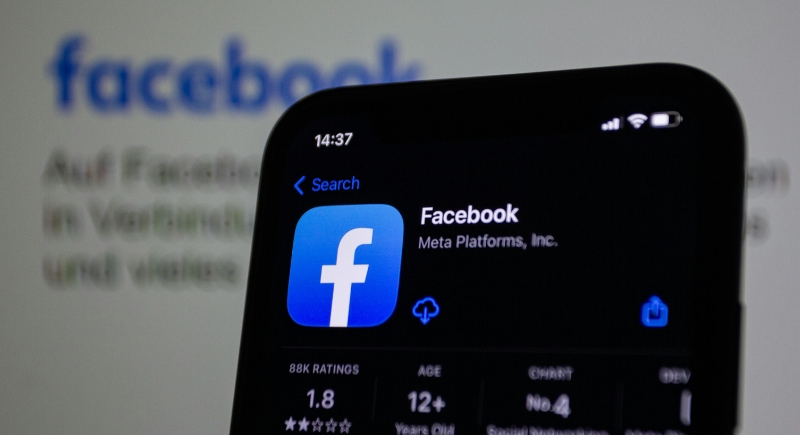
Credit: pexels
Privacy issues continue to shadow Meta, especially after the Cambridge Analytica scandal exposed how data could be harvested without consent. Users also blame the platform for fueling misinformation and creating a toxic environment. Critics say Meta has too much control over information, yet too little accountability when things spiral offline.
Comcast
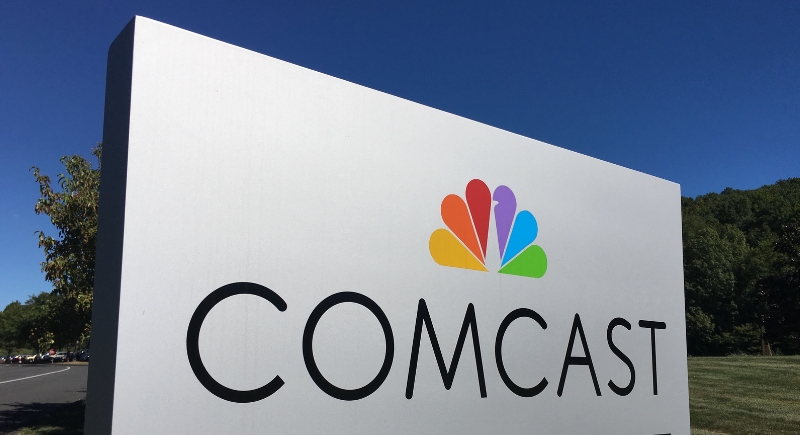
Credit: Wikimedia Commons
Customers regularly report hidden fees and long wait times for support. In one case, a man who canceled his service had his name changed to a slur on his bill. Stories like that spread fast. The company’s monopoly-like presence in many areas makes it hard for unhappy customers to switch.
FTX
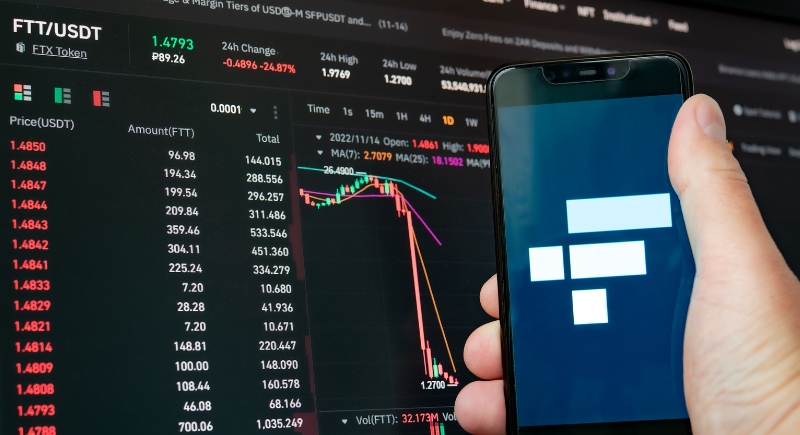
Credit: Canva
What started as a cryptocurrency exchange with Super Bowl ads and celebrity endorsements ended in disaster. FTX collapsed in 2022 after revelations of financial misconduct and missing customer funds. Founder Sam Bankman-Fried became a cautionary tale of unchecked hype, and billions evaporated overnight.
Shein
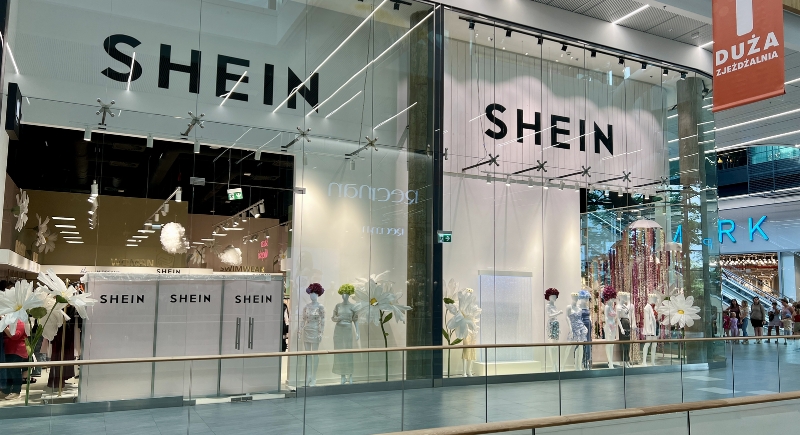
Credit: Wikimedia Commons
Shein’s fast fashion empire stretches across the globe, but it’s been dogged by serious allegations. The company has faced accusations of using copyrighted designs without permission, operating under poor labor conditions, and even selling clothes with toxic substances. Despite rock-bottom prices, consumer watchdogs and environmental groups have raised red flags.
Fox News
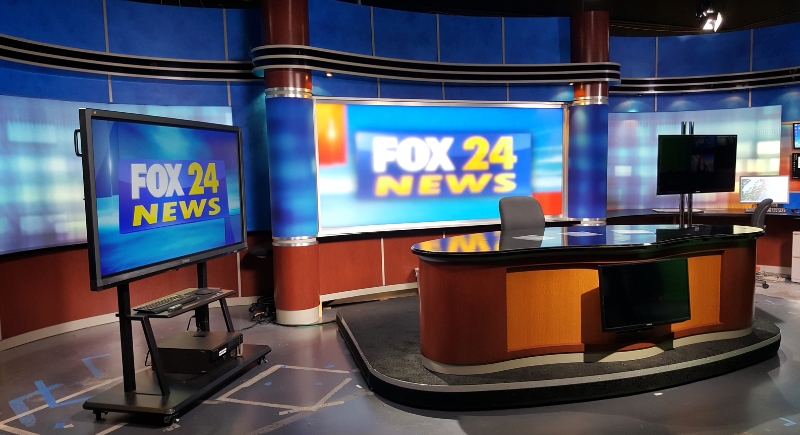
Credit: Wikimedia Commons
The network paid $787 million to Dominion Voting Systems in 2023 to settle accusations of spreading misinformation. While its audience remains loyal, critics argue Fox plays fast and loose with facts. The network’s editorial slant and legal troubles have all chipped away at its broader credibility.
Tesla

Credit: pexels
Complaints range from quality control issues—like misaligned panels or failing touchscreens—to missed production targets and overhyped features. Autopilot malfunctions and misleading safety claims haven’t helped. Add to that Elon Musk’s chaotic leadership and polarizing social media presence, and it’s no wonder some consumers hesitate.
Wells Fargo
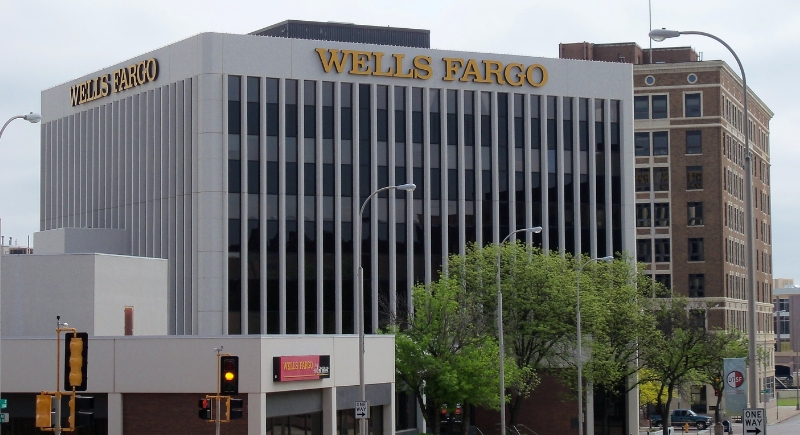
Credit: Wikimedia Commons
Few banks have recovered from a scandal as poorly as Wells Fargo. In 2016, it admitted to opening millions of fake accounts without customer consent. Investigations uncovered years of misconduct, including unauthorized credit card applications and insurance charges. The fallout led to fines and public apologies, yet none of which fully repaired its image.
Disney

Credit: Wikimedia Commons
Disney was once a symbol of safe, family-friendly entertainment, but now it finds itself pulled into heated political debates. Critics on the left accuse it of corporate pandering; those on the right call it too “woke.” Its handling of Florida’s controversial education law drew national attention, especially after CEO Bob Chapek’s delayed response.
Johnson & Johnson
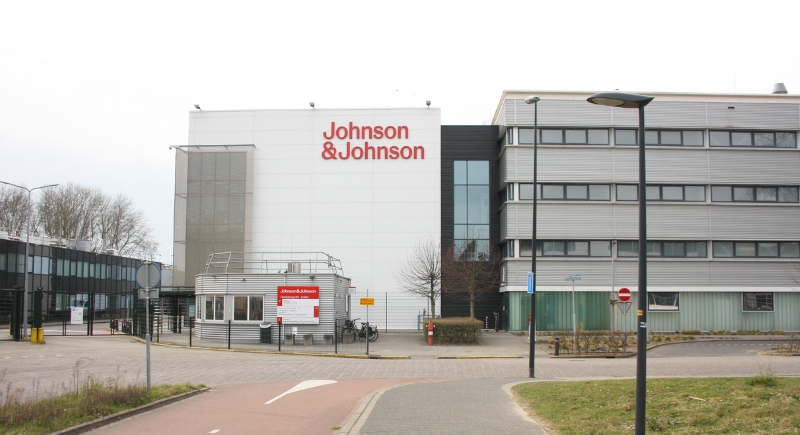
Credit: Wikimedia Commons
Thousands of lawsuits over talc-based baby powder have haunted Johnson & Johnson. Plaintiffs claim the product contained asbestos and caused cancer, though the company denies wrongdoing. After years of litigation, it agreed to pay nearly $9 billion in settlements.
Twitter (X)
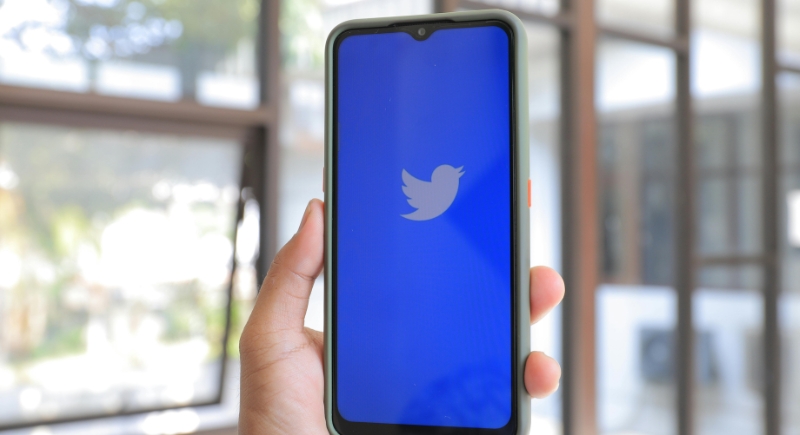
Credit: pexels
After Elon Musk bought Twitter in 2022, the platform changed rapidly, and not everyone approved. Staff cuts and new verification policies drew backlash from users and advertisers alike. The rebrand to “X” didn’t help much. Critics say the site lost functionality and became a mess of bots and broken features.
OpenAI

Credit: pexels
Former employees have raised alarms about safety practices, transparency, and pressure to release tools before thoroughly testing them. The company’s technology powers apps like ChatGPT, which some fear could reshape jobs, education, and even human relationships.
Anheuser-Busch
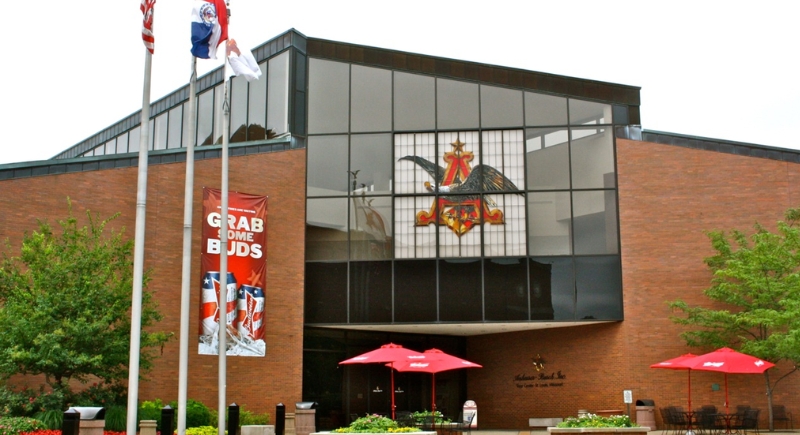
Credit: Wikimedia Commons
One Bud Light promotion featuring trans influencer Dylan Mulvaney lit a political firestorm. Some conservatives called for boycotts, while progressives criticized the company’s timid response. The backlash caused sales to dip and left the brand in a no-win situation.
BP

Credit: Wikimedia Commons
The 2010 Deepwater Horizon spill remains a defining moment for BP, both in environmental damage and PR failure. Millions of gallons of oil leaked into the Gulf of Mexico, harming wildlife and coastal economies. BP’s handling of the aftermath, including tone-deaf comments from executives, made things worse.
Dollar General
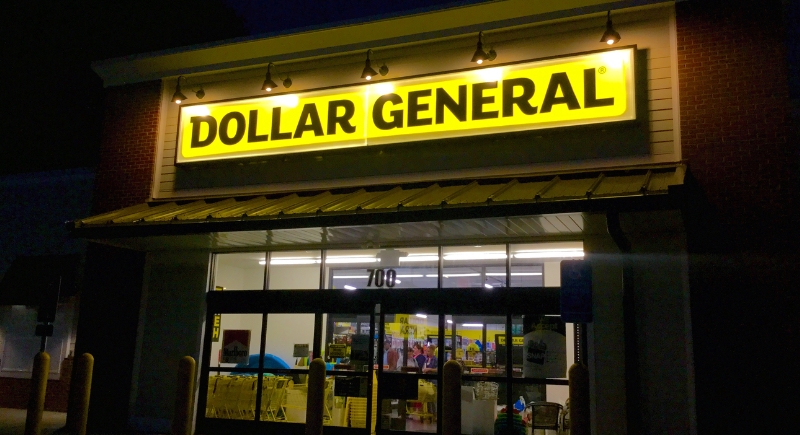
Credit: Wikimedia Commons
The convenience of dollar stores comes at a cost, and for Dollar General, that’s a growing list of grievances. Critics highlight low wages and aggressive expansion in underserved communities. Regulators have cited the chain for safety violations, and employees have protested unfair treatment.